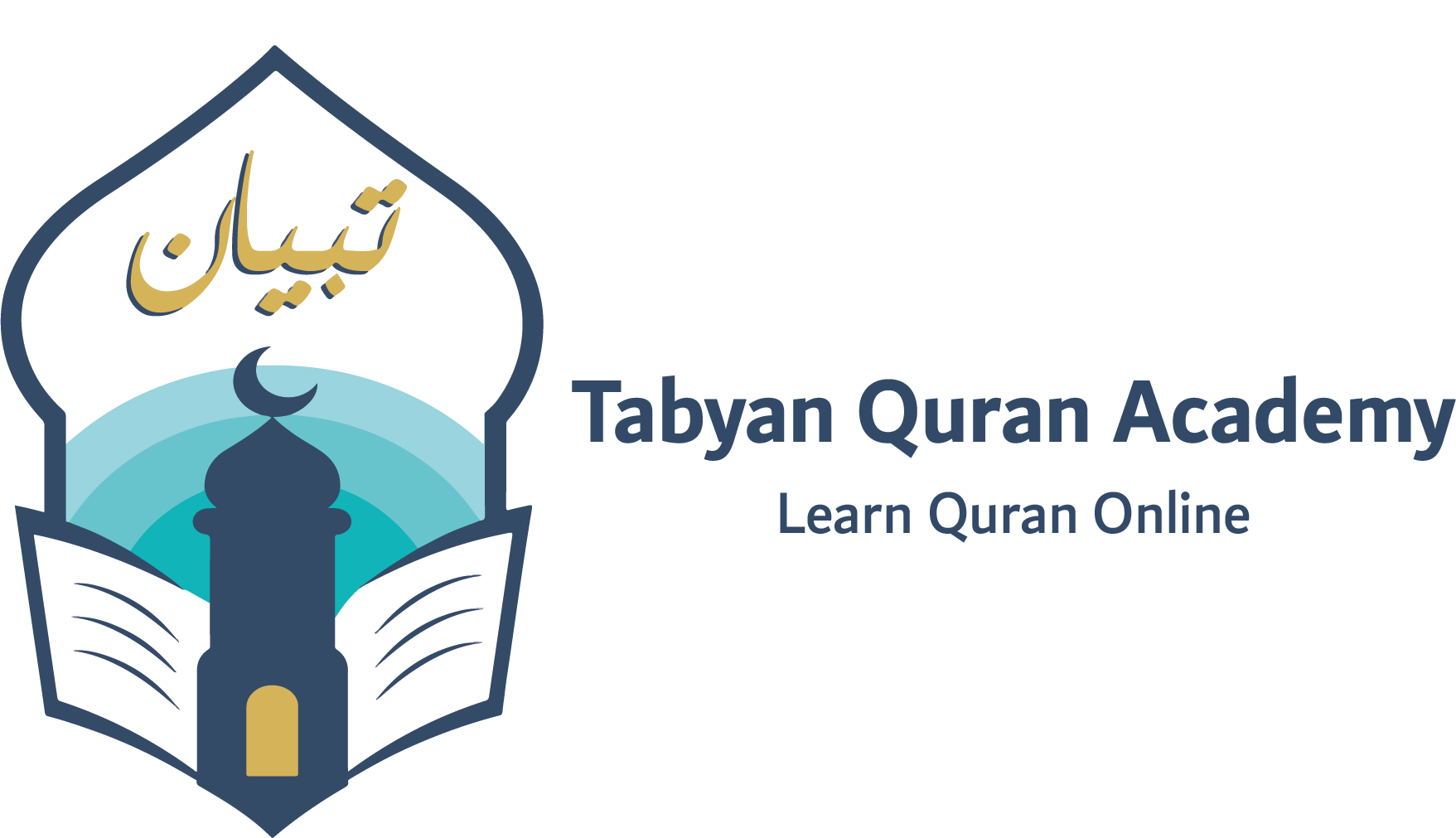Follow us :
Quranic Exegesis
- Home
- Our Courses
- Quranic Exegesis
About This Course
Quranic Exegesis (Tafsir) Course is a comprehensive program designed to equip learners with the skills to analyze the Quran’s profound meanings through classical scholarship and contemporary critical thinking . Taught by certified Islamic scholars , the course explores foundational commentaries like Ibn Kathir , Al-Tabari , and Al-Razi , while engaging with modern methodologies to address ethical, social, and global challenges.
Course Structure
- Duration : 12–16 weeks (flexible pacing).
- Format :
- Live Sessions : Interactive classes with certified Islamic scholars.
- Self-Paced Modules : Videos, articles, and classical texts.
- Research Projects : Analyze selected verses/surahs using Tafsir frameworks.
- Discussions : Debates on topics like Quranic justice and modern ethical dilemmas.
Prerequisites
- Basic Quranic familiarity (reading Arabic or understanding translations).
- Foundational Islamic knowledge (‘Aqeedah , Prophetic biography).
Curriculum
Key Topics :
- Definition and importance of Tafsir.
- Types of Tafsir (e.g., tafsir bi-al-ma’tur , tafsir bi-al-ra’y ).
- Ethical responsibilities of Tafsir scholars.
Learning Outcomes :
- Understand the scope and purpose of Tafsir.
- Differentiate between classical and modern methodologies.
Key Topics :
- Core Commentaries :
- Ibn Kathir (Tafsir al-Qur’an al-‘Adhim ).
- Al-Tabari (Jami’ al-Bayan ).
- Al-Razi (Mafatih al-Ghayb ).
- Methodologies : Historical context, linguistic analysis, and theological principles.
Learning Outcomes :
- Analyze classical commentaries to extract theological and ethical insights.
- Compare interpretations across different eras.
Key Topics :
- Historical Context :
- Revelation chronology (Makkan/Madinan surahs).
- Stories of the Prophets and Quranic events.
- Thematic Exploration :
- Core themes: faith, justice, morality, and the Hereafter.
- Surah-by-Surah analysis ( Al-Baqarah , Yasin , Al-Fatiha ).
Learning Outcomes :
- Link verses to historical context and universal relevance.
- Identify recurring themes and their significance.
Key Topics :
- Arabic grammar, rhetoric (balagha ), and word meanings.
- Nuances of Quranic vocabulary ( tawhid , adl , rahmah ).
- Stylistic devices (metaphor, repetition, irony ).
Learning Outcomes :
- Decode linguistic subtleties to grasp deeper meanings.
- Apply grammatical rules to interpret complex verses.
Key Topics :
- Contemporary methodologies (feminist, environmental, contextual Tafsir ).
- Engagement with modern scholars like Fazlur Rahman and Amina Wadud.
- Addressing modern challenges (e.g., justice, climate change) through Quranic principles.
Learning Outcomes :
- Critically evaluate modern Tafsir frameworks.
- Apply Quranic ethics to contemporary issues.
Key Topics :
- Research Project : Analyze a selected surah or verse using classical and modern Tafsir.
- Ethical Reasoning : Extract Sharia principles for personal and communal life.
- Discussion Forums : Debates on topics like Quranic justice or environmental stewardship.
Learning Outcomes :
- Synthesize knowledge into coherent Tafsir analyses.
- Develop confidence in addressing real-world issues through Quranic insights.
Key Topics :
- Sensitive Topics : Gender roles, political ethics, and social justice.
- Critical Analysis : Evaluating differing scholarly viewpoints.
- Interdisciplinary Approaches : Linking Tafsir to theology, law, and philosophy.
Learning Outcomes :
- Navigate complex theological debates with scholarly rigor.
- Formulate balanced, evidence-based interpretations.
- Applying the learned rules to selected surahs.
- Student lead discussions.
- Research projects.

The Course is designed to enhance your understanding of Islamic scripture. Learn tafsir principles, explore historical context, and analyze linguistic nuances. This course provides essential tools for interpreting the Quran, catering to both beginners and advanced students seeking profound Quranic interpretation.
Preview This Course
This Course Include
- Principles of Tafsir (Usul al-Tafsir)
- Historical Context
- Linguistic Analysis
- Different Exegetical Approaches
- Quranic Sciences ('Ulum al-Quran)
- Critical Analysis of Exegetical Works
Why This Curriculum Works
- Balanced Approach : Combines classical scholarship with modern relevance.
- Skill Development : Analytical, critical thinking, and ethical reasoning.
- Global Community : Learn alongside peers and scholars worldwide.
Course FAQ
This course answers your core questions about Tafsir, offering clarity on its methodologies, historical context, and diverse interpretations. Learn how to navigate Usul al-Tafsir, understand Asbab al-Nuzul, and differentiate between various schools of thought.
What does the Quranic Exegesis (Tafsir) Course cover?
The course explores classical Tafsir commentaries (Ibn Kathir, Al-Tabari) and modern methodologies. Topics include historical context, linguistic analysis, and themes like justice, faith, and ethics. Learners analyze Surah-by-Surah breakdowns and apply Quranic principles to contemporary challenges.
What are the prerequisites?
Basic Quran familiarity (reading Arabic or understanding translations) and foundational Islamic knowledge ( Aqeedah , Prophet’s life). No prior Tafsir expertise is required. Arabic proficiency is helpful but not mandatory.
Who is this course for?
Ideal for:
Students of Islamic Studies seeking academic rigor. Spiritual seekers deepening their faith through Quranic wisdom. Community leaders wanting to teach or lead ethically with Tafsir insights.
Students of Islamic Studies seeking academic rigor. Spiritual seekers deepening their faith through Quranic wisdom. Community leaders wanting to teach or lead ethically with Tafsir insights.
How is the course structured?
Combines live sessions with scholars, self-paced modules (videos, articles, classical texts), and research projects on topics like justice or environmental ethics.
Do I earn a certification?
Yes! Completing assignments, discussions, and a final research project grants a certification validating your Tafsir expertise for academic or career advancement.
Do I need to read Arabic to join?
Basic Arabic literacy (reading Quranic text) is helpful, but translations are provided. Non-Arabic speakers can engage with thematic studies, while linguistic analysis requires Arabic proficiency.
